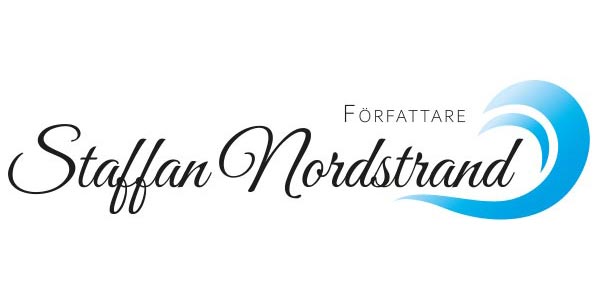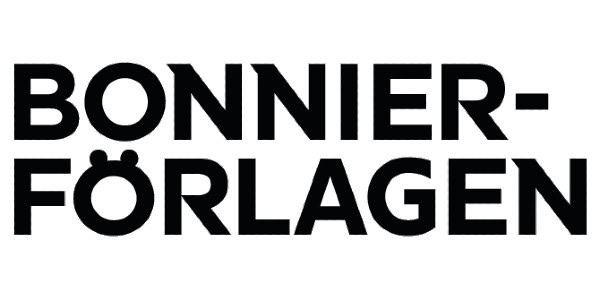
Standardizing civil society : interpreting organizational development in the tension between instrumentalism and expressivism

| Serie | Santérus Academic Press |
|---|---|
| Författare | |
| Förlag | Santérus Förlag |
| Genre | Filosofi och idéhistoria |
| Format | Häftad |
| Språk | Engelska |
| Antal sidor | 280 |
| Vikt | 380 gr |
| Utgiven | 2011-03-11 |
| SAB | Qbaab |
| ISBN | 9789173350259 |
As civil society becomes increasingly prominent in local struggles, national debates, and international politics, scholars are paying attention to how it should be promoted and developed. One approach deployed to foster a vibrant civil society is organizational development. In addition to improved project and organizational performance, it is believed that more and better organizing will promote desirable qualities inherent in civil society and therefore the development of a good society.
In this book the author questions if organizational development within civil society can fulfil such expectations. Drawing on institutional theory and studies of cooperation among trade unions, faith-based organizations, and organizations of people with disabilities, he argues that organizational development of civil society organizations was never meant for implementation. Instead it serves more as a legitimacy device for the involved actors in addition to protecting organizational praxis from conflicting internal and external demands.
Furthermore he asks if the basic values of civil society are not in fact endangered by organizational development. Rather than producing stronger civil societies, he argues that the practice of organizational development could lead to a reduction in experimentation, a convergence of organizational expressions, and an instrumentalization of civil society.
Ola Segnestam Larsson is working as a researcher at the Institute for Civil Society Studies, Ersta Sköndal University College. He has pursued his postgraduate studies at the School of Business and Economics, Åbo Akademi University.
In this book the author questions if organizational development within civil society can fulfil such expectations. Drawing on institutional theory and studies of cooperation among trade unions, faith-based organizations, and organizations of people with disabilities, he argues that organizational development of civil society organizations was never meant for implementation. Instead it serves more as a legitimacy device for the involved actors in addition to protecting organizational praxis from conflicting internal and external demands.
Furthermore he asks if the basic values of civil society are not in fact endangered by organizational development. Rather than producing stronger civil societies, he argues that the practice of organizational development could lead to a reduction in experimentation, a convergence of organizational expressions, and an instrumentalization of civil society.
Ola Segnestam Larsson is working as a researcher at the Institute for Civil Society Studies, Ersta Sköndal University College. He has pursued his postgraduate studies at the School of Business and Economics, Åbo Akademi University.























